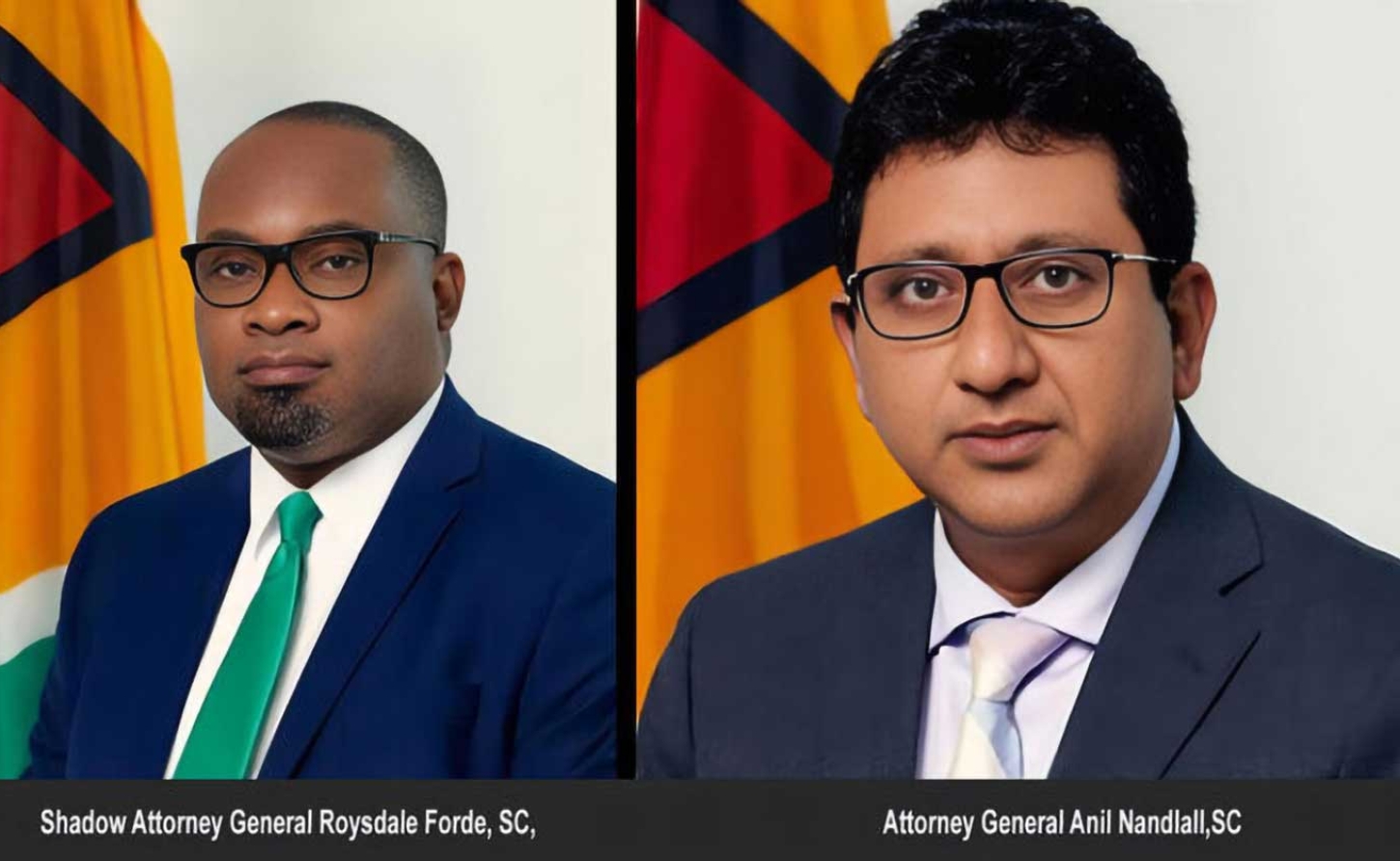GUYANA | Forde tells Ali: Apologise to Guyana for denying right of free education

GEORGETOWN, Guyana, October 11, 2024 - In a twist of educational irony, the People's Progressive Party (PPP) government finds itself in the hot seat over a constitutional right they've long swept under the rug.
Senior Counsel Roysdale Forde, the shadow Attorney General and Minister of Legal Affairs, is demanding an apology from the PPP for what he sees as a decades-long denial of free education - a right enshrined in Guyana's 1980 constitution.
This call to educational arms comes on the heels of President Irfaan Ali's recent announcement that the University of Guyana (UG) will offer free education starting 2025. While some might view this as a step forward, Forde sees it as a long-overdue course correction.
"The PPP government must take full responsibility for holding back and denying many Guyanese, particularly from poor backgrounds, who could not afford to pay for a university education," Forde declared, his words cutting through the air like a professor's chalk on a blackboard.
The shadow minister painted a picture of lost opportunities, arguing that respect for this constitutional right could have been a lifeline for many seeking to escape poverty's gravitational pull. He pointed to studies showing how the absence of education can leave socio-economic development off-balance, like a see-saw with only one child.
Forde's history lesson took us back to 1994 when the PPP government introduced fees at UG, a move he sees as not just unconstitutional but "an egregious policy that saddles students with mountainous debt or denies them opportunity for further learning, development and an escape from poverty."
In a nod to political rivalries of yore, Forde tipped his hat to the People's National Congress (PNC) government, led by Forbes Burnham and Desmond Hoyte, crediting them with the foresight to value education as a cornerstone of national development. "It is thanks to the PNC's vision thousands of Guyanese, including me, were able to pursue university education and got opportunities to succeed," he reminisced.
But Forde's vision for educational justice doesn't stop at reinstituting free education. He's calling for a kind of academic reparations, suggesting the government should reimburse those who paid fees at UG. "A mechanism must be put in place to reimburse Guyanese for the violation of their rights through a punitive and wicked economic policy," he proposed, drawing parallels to the global Reparative Justice campaign for atrocities associated with chattel slavery.
As Forde sees it, Guyana's newfound oil wealth should be lubricating the gears of education, not just the country's economic engine. With Guyana expected to receive at least US$2.5 Billion from oil and gas earnings in 2024, the shadow minister believes there's more than enough to go around.
In his travels around Guyana, Forde has encountered a populace hungry for knowledge and advancement. "Guyanese are smart and want to do more for themselves and country but are being held back by punitive policies that hinder their desire for development," he observed, painting a portrait of untapped potential in every corner of the nation.
As the debate over education policy continues to simmer, Forde's message to the Guyanese people is clear: keep pushing for better treatment and prudent spending of the oil money. In the classroom of public opinion, it seems the lesson on free education is far from over.
-30-
